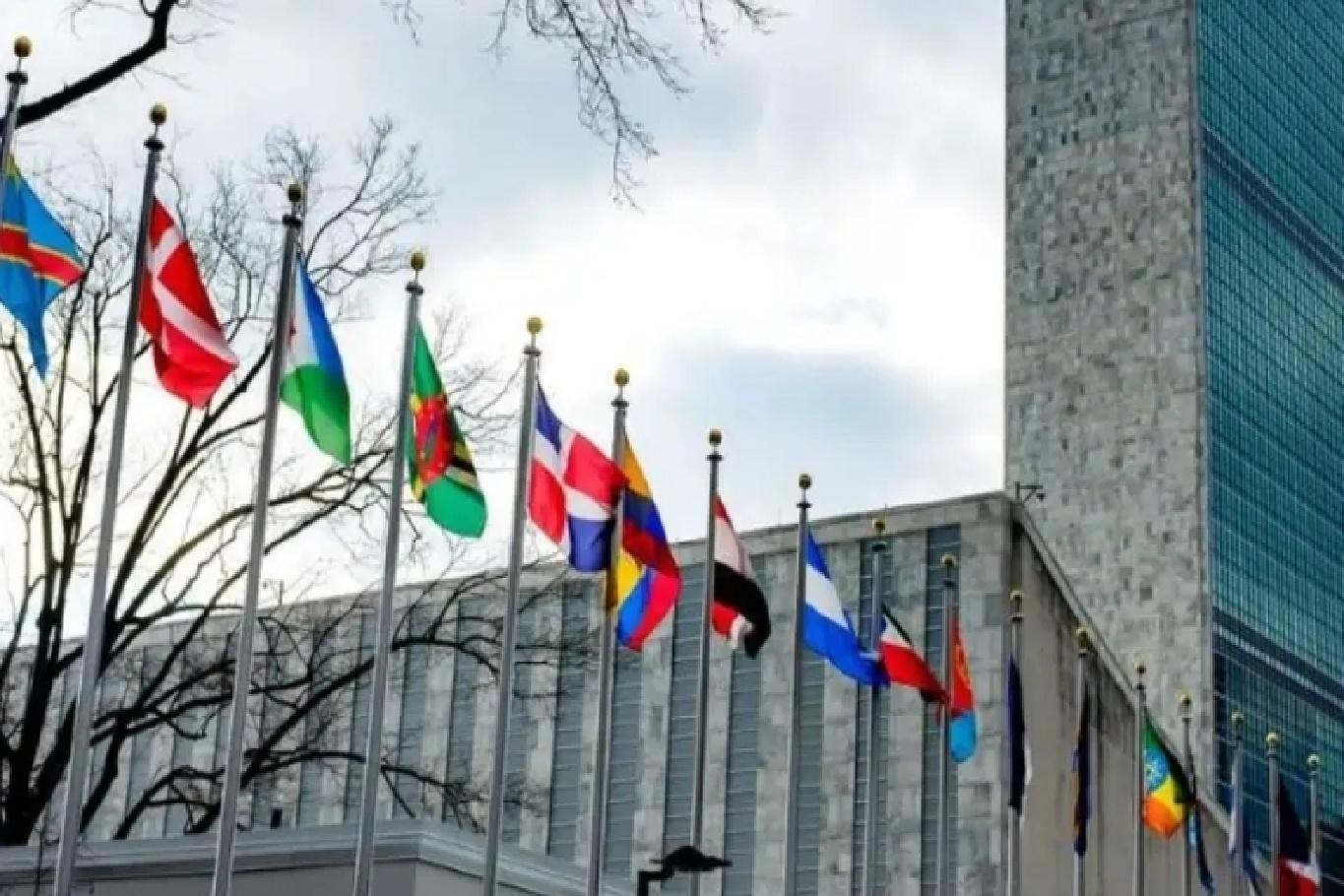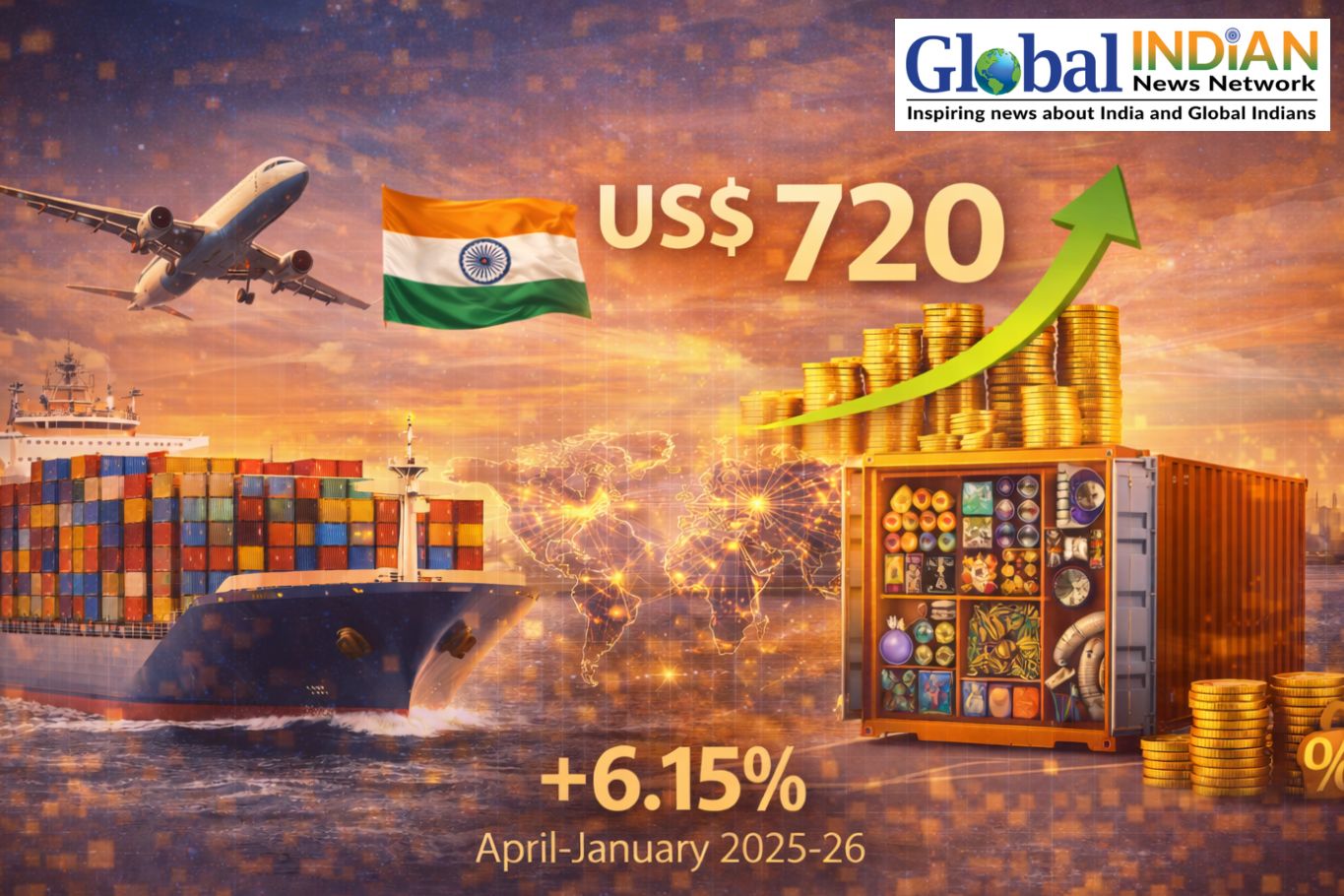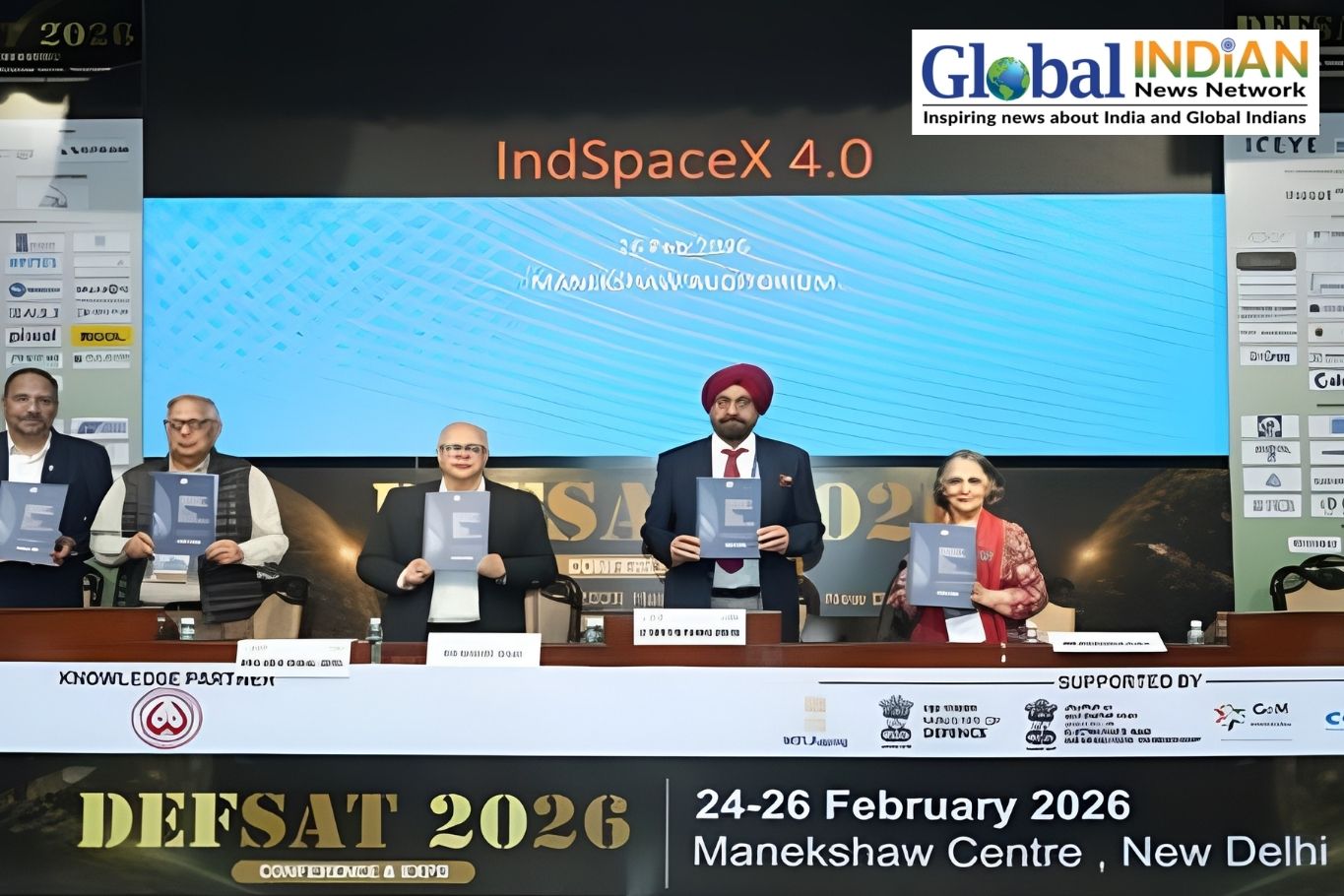
The United Nations’ Financing for Sustainable Development 2024 Report highlights India’s position as a significant destination for foreign investments, attributing it to multinational corporations viewing the country as a viable alternative for manufacturing within their supply chains diversification strategies, amidst growing interest.
Emphasizing India’s resilience in attracting investments, especially in comparison to other developing nations, the report underscores the country’s appeal as an alternative manufacturing hub without directly mentioning China, which plays a role due to geopolitical concerns.
While India maintains its strong investment appeal, the report contrasts this with the challenges faced by many developing countries, citing a “sustainable development crisis” stemming from substantial debt burdens and high borrowing costs, hindering their ability to address multiple crises effectively.
Deputy Secretary-General Amina J. Mohammed urges world leaders to move beyond rhetoric and fulfill their promises, emphasizing the critical role of financing in achieving the UN’s sustainable development goals by 2030, amid growing global challenges such as inequalities, inflation, debt, conflicts, and climate disasters.
Mohammed highlights the inadequacy of existing global financial institutions, calling for urgent reforms to address contemporary challenges effectively.
The report outlines the New Development Bank’s initiative, established by BRICS, to issue a significant portion of its loans in national currencies, including Indian rupee-denominated bonds, between 2022 and 2026, indicating a shift towards greater financial inclusivity.
Highlighting the widening development financing gap, exacerbated by the Covid-19 pandemic, the report stresses the urgent need for mobilizing financing on a large scale, warning of the adverse impact of rising geopolitical tensions, climate disasters, and a global cost-of-living crisis on development progress in crucial areas such as healthcare and education.










